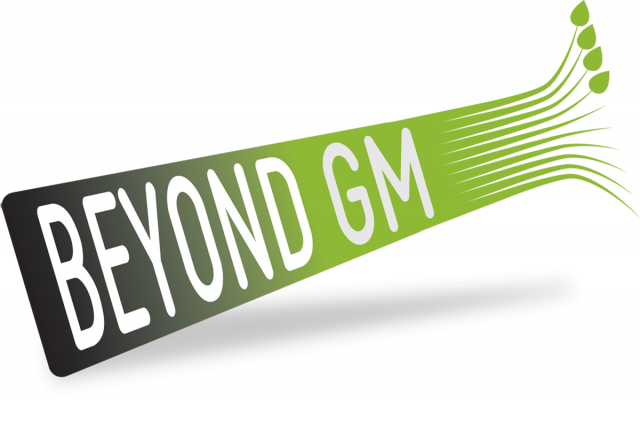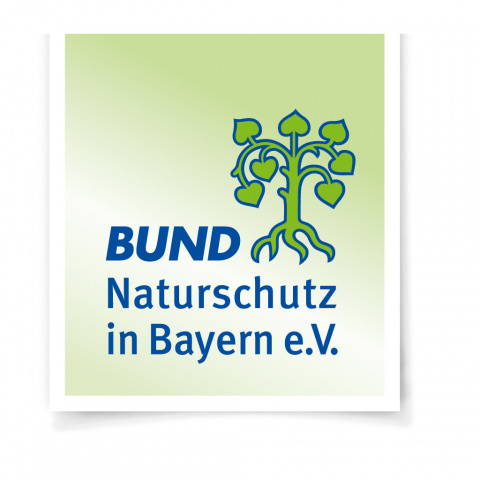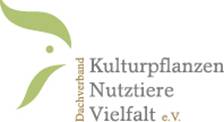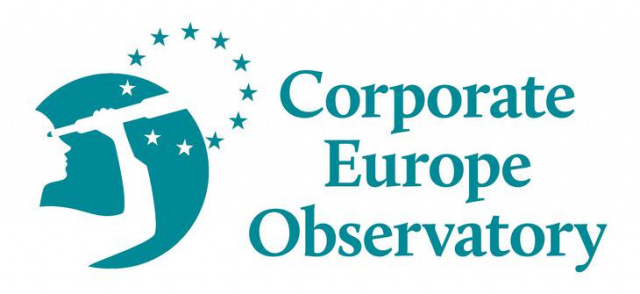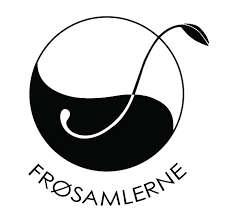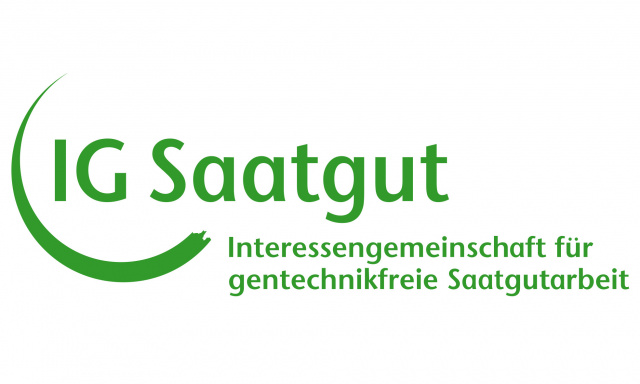October 2025
Summary
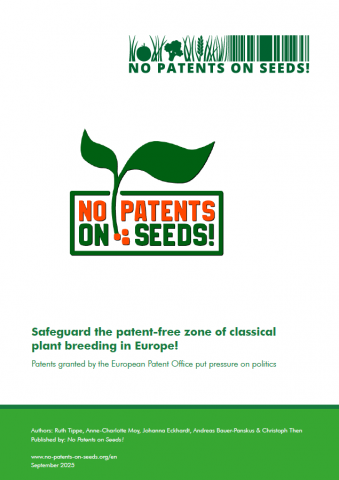 In 2023, the European Commission published a proposal for the future regulation of plants obtained from new genetic engineering (new genomic techniques, NGTs). This proposal foresees fast-track market access for most of the NGT plants currently being developed.
In 2023, the European Commission published a proposal for the future regulation of plants obtained from new genetic engineering (new genomic techniques, NGTs). This proposal foresees fast-track market access for most of the NGT plants currently being developed.
Concerns were raised that there would be a drastic increase in the numbers of patents on seeds after NGT plants had been introduced into European agriculture. High numbers of patents on seeds could potentially disrupt existing food production systems and plant breeding by blocking or hampering access to biological resources. Therefore, the discussion on the future regulation of NGT plants necessarily includes questions concerning the patentability of seeds.
The European Parliament, the European Commission, EU Member States and experts have made various proposals to facilitate access to biological material needed by all breeders and to stop patents on seeds. In summary, there are at least four key points to be taken (and potentially combined) from the current discussion on changes in patent law regarding plant breeding:
1. Excluding patents on plants obtained from classical breeding (including random mutagenesis);
2. Excluding patents on plants obtained from classical breeding (including random mutagenesis) and certain NGT plants
3. Mitigating the negative effects of patents on plant breeding by introducing a full breeders’ exemption into patent law
4. Increasing transparency in regard to patents applied for and granted, including the impact on varieties on the market.
In this report, we provide an overview of patents recently filed and granted in Europe as well as on selected decisions taken by the European Patent Office (EPO). We show that patents on conventionally-bred seeds have a detrimental impact, especially on smaller and medium-sized breeders, which threatens their breeding activities as a whole. Surprisingly, we found that the number of patents being filed and granted on plants obtained from classical breeding is much higher than that for NGT plants. This is worrying since the biological material used and produced with classical breeding methods is needed by all breeders. Therefore, this problem should be prioritized and dealt with as a matter of urgency.
Our findings show that:
› An increasing number of patents are being filed and granted on plants obtained from classical breeding;
› A high number of conventionally-bred varieties are affected by these patents;
› There are historical, technical and legal reasons to exclude patents on classical breeding and the seeds obtained thereof, and only allow patents on the processes of genetic engineering;
› Current EPO practice, however, ignores the fundamental differences between processes such as genetic engineering and classical breeding;
› EPO practice is making the prohibition on the patenting of plant varieties meaningless; the Plant Variety Protection (PVP) law is becoming dysfunctional;
› Consequently, current EPO practice is putting the existence of small- and medium-sized breeders in Europe at risk as well as agrobiodiversity and consumer choice.
We propose that the EU should give top-level priority to clarifying that classical breeding is only subject to PVPs, but not to patents. In this report, we set out a new proposal for the amendment of patent law in accordance with international patent law, in order to overcome some of the current obstacles and to promote short-term solutions. Our proposal follows the logic and the intention of the EU Patent Directive 98/44/EC to define certain technical inventions that are exempt from the prohibitions of Article 53 b) and which are, therefore, patentable rather than listing breeding methods (such as random mutagenesis) that are non-patentable.
We propose adding the following clarification to Rule 27 of the Implementing Regulations of the European Patent Convention (EPC):
“Inventions which concern plants or animals shall be patentable if their genome is changed directly and in a targeted way, and to an extent previously not available for breeding, and if the technical feasibility of the invention is not confined to a particular plant or animal variety.”
In parallel, this wording should also be added to Article 4 (2) of EU Patent Directive 98/44/EC.
This proposal could help to solve several problems:
› It would safeguard access to the biological material needed by all breeders;
› It only foresees a change in the interpretation of current patent law and would, therefore, only require small changes in the EU patent directive and the Implementing Regulations of the EPC;
› It tackles the root cause of the problem (by preventing patents) and does not simply mitigate negative effects created by granting patents on seeds;
› Patents already granted in the field of classical breeding could no longer be enforced in the European Courts.
No Patents on Seeds! demands the problem with patents on seeds is resolved, regardless of whether and how the current GMO regulations are adapted to NGT plants.

